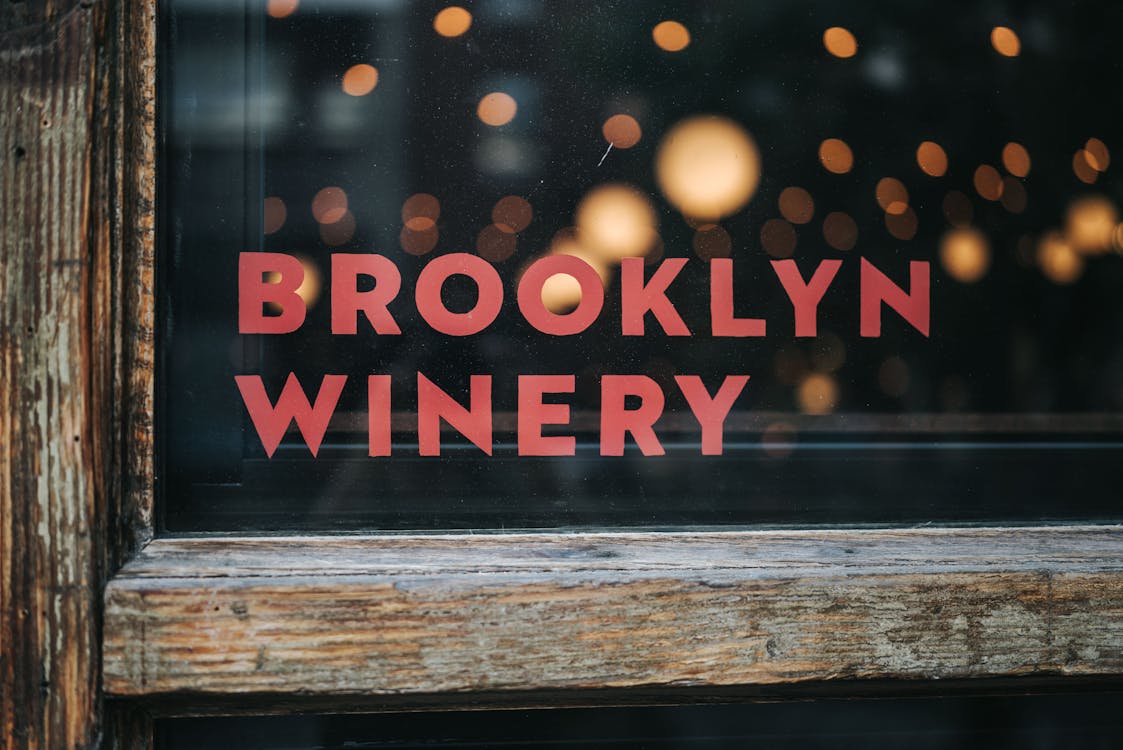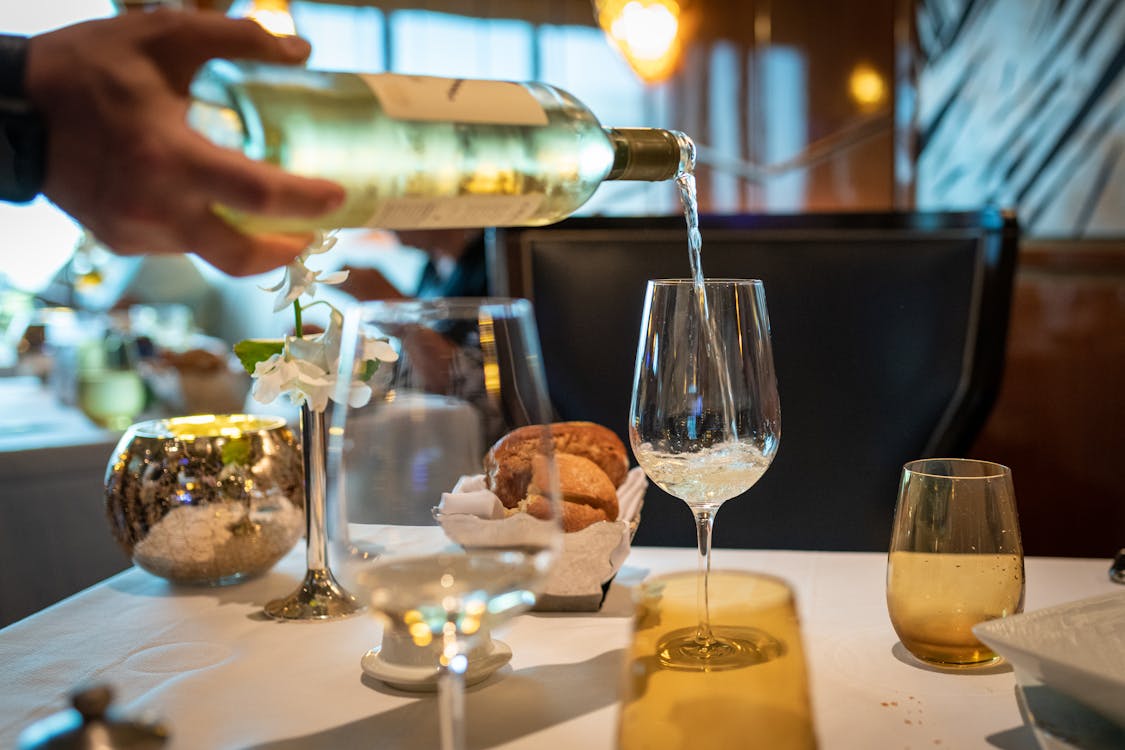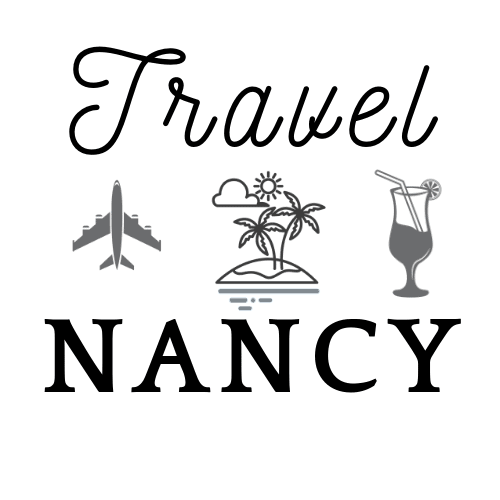Introduction
Imagine being in a lively city full of activities, where wine barrels line modern lofts and the rich, sweet scent of fermenting grapes wafts through the streets. This is urban winemaking, a dynamic movement that seamlessly merges the charm of traditional winemaking with the creativity of city living. Winemaking has found a new home in urban spaces, drawing in both seasoned connoisseurs and curious newcomers. So, what’s behind this exciting shift, and why are more people raising their glasses to city-crafted wines? Let’s get into this trend and discover its unique fascination.
History of Urban Winemaking
Urban winemaking is not as new as it might seem. Its roots can be traced back to ancient cities where wine production was integral to urban life. However, the modern resurgence began in the mid-20th century. Cities like San Francisco and New York became pioneers, driven by winemakers who sought to make wine accessible without owning traditional vineyards.
A pivotal milestone came in the 1990s, when trailblazers such as Charles Bieler and Michael Dorf opened the door to urban wineries, emphasizing creativity over convention. Today, urban winemaking has blossomed into a global phenomenon, with cities worldwide hosting innovative wineries that challenge traditional notions of wine production.
Benefits of Urban Winemaking
Urban winemaking offers numerous advantages that resonate with modern values and lifestyles. Here are some key benefits:
- Sustainability: Urban wineries often source grapes locally, reducing transportation emissions and promoting eco-friendly practices.
- Accessibility: Located in city centers, urban wineries bring wine culture closer to consumers, eliminating the need for lengthy trips to the countryside.
- Community Engagement: These wineries frequently host events, workshops, and tastings, fostering connections among wine enthusiasts.
- Innovation: Freed from traditional constraints, urban winemakers experiment with bold blends and unconventional techniques.
Notable Urban Wineries
Across the globe, urban wineries are making waves with their distinctive offerings and methods. Here are a few standouts:

- Brooklyn Winery (New York, USA): Located in the heart of Williamsburg, this winery combines artisanal winemaking with a chic urban vibe. Their small-batch wines, such as the acclaimed Chardonnay, are crafted using sustainably sourced grapes.
- City Winery (Multiple Locations, USA): Founded by Michael Dorf, this chain of urban wineries offers a unique mix of winemaking, live music, and fine dining. Their emphasis on local grape sourcing and diverse wine selections makes them a favorite.
- London Cru (London, UK): As the city’s first urban winery, London Cru sources grapes from top vineyards across Europe to create wines that reflect both quality and innovation.
- Nocturne Wine (Cape Town, South Africa): This boutique winery excels in creating natural wines while leveraging the vibrant culture of Cape Town.
Challenges Faced by Urban Winemakers
While urban winemaking has many advantages, it’s not without its hurdles. Some of the most common challenges include:
- Space Constraints: Operating in densely populated areas means limited space for equipment and storage.
- Regulatory Hurdles: Local laws and zoning regulations can complicate the establishment and operation of urban wineries.
- High Operating Costs: Real estate and overhead costs in cities are significantly higher than in rural areas.
- Grape Sourcing: Urban winemakers must rely on partnerships with growers, which requires meticulous coordination to ensure quality.
The Future of Urban Winemaking
The future of urban winemaking looks bright, with trends pointing toward further innovation and expansion. Here’s what’s on the horizon:
- Technology Integration: From AI-driven fermentation processes to advanced temperature control systems, technology will continue to enhance efficiency and quality.
- Sustainable Practices: Expect a stronger focus on organic grapes, renewable energy, and zero-waste initiatives.
- Cultural Fusion: As cities become melting pots of cultures, urban wineries will likely experiment with wines that reflect diverse palates and traditions.
- Wine Tourism: Urban wineries are becoming key players in city tourism, offering immersive experiences that appeal to locals and visitors.

Conclusion
Urban winemaking is more than just a trend—it’s a testament to the adaptability and creativity of the wine industry. By merging sustainability, accessibility, and innovation, city-based wineries redefine how we experience wine. Whether you’re a seasoned sommelier or a curious learner, urban wineries offer an exciting way to connect with the craft. Why not explore one in your city or plan a visit to a renowned urban winery? Cheers to the rise of urban winemaking and the vibrant communities it continues to inspire!
